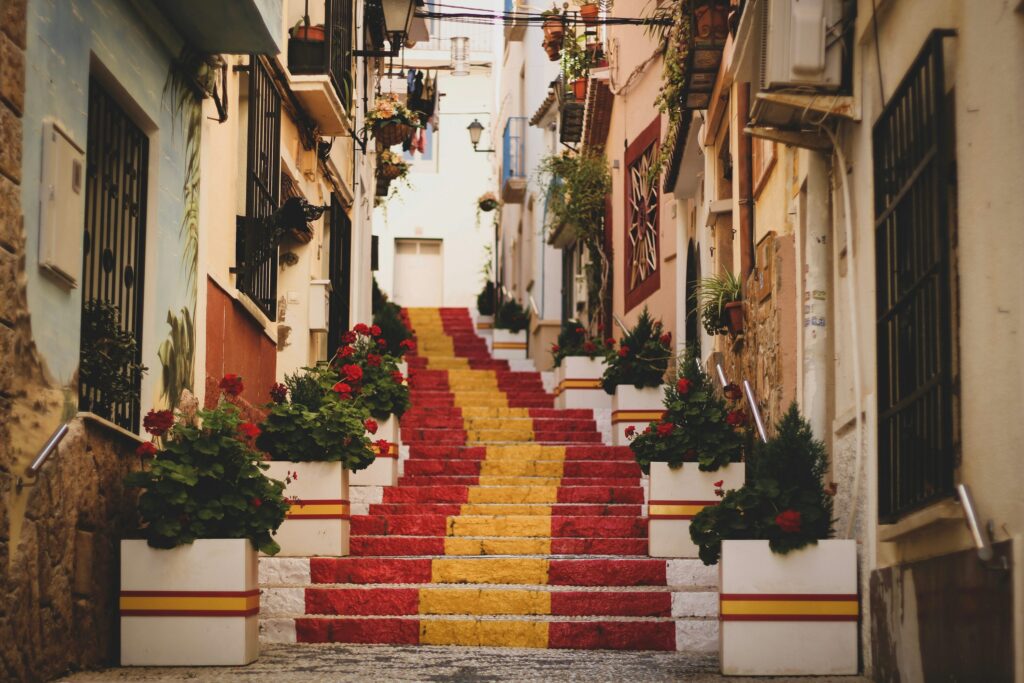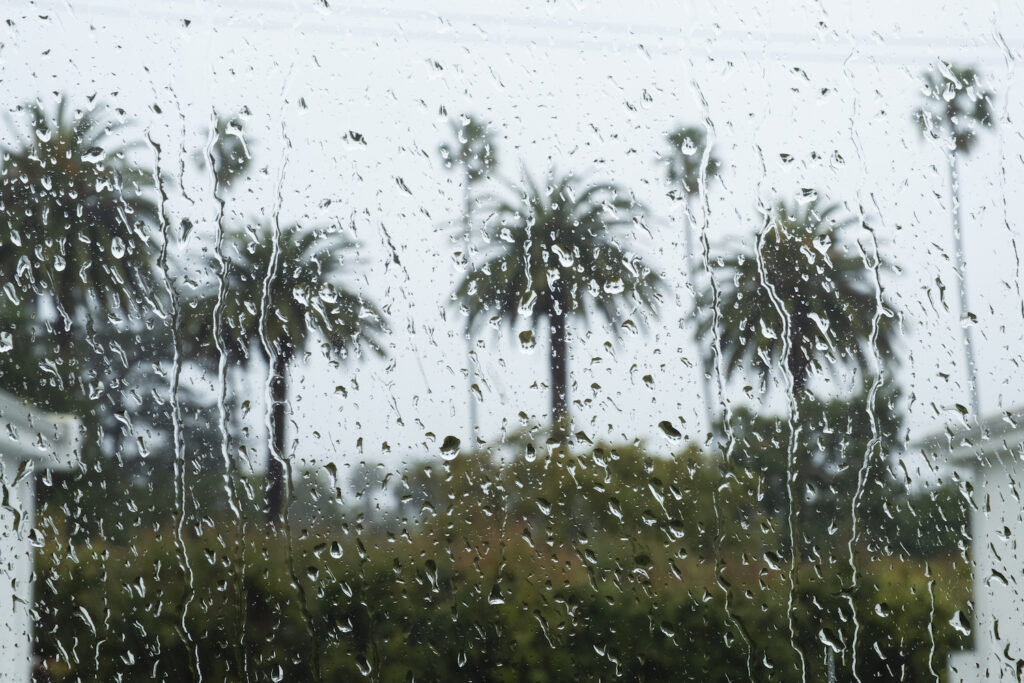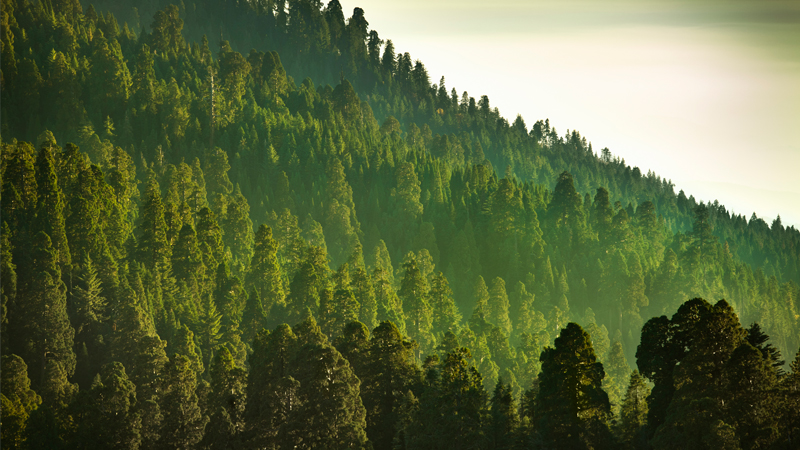In the National Post John Ivison reproaches the Canadian government for having spent far too much of its time and energy inventing implausible new pledges to save the planet and far too little on practical measures to deal with the bad weather it insists that we are causing. He writes that “distressing as the flooding has been, the lack of preparation for extreme weather in the province has been just as shocking. Ed Fast, the MP for Abbotsford, one of the worst affected cities, said all levels of government have been aware for years about the potential for flooding but didn’t act.” Ivison, for his part, does not dispute human influence on climate change. But he realizes that it doesn’t really matter, at least in the short run, because the weather is frequently bad despite bucolic images of a green citizenry living in harmony with Gaia.
For our part we wonder whether many environmentalists begin to understand the meaning of “Nature, red in tooth and claw”, let alone that we owe the phrase to Alfred Lord Tennyson, specifically from “In Memoriam” and that the poet found the strictly materialist view of nature rightly alarming. A purely mechanical natural world is just that much more pitiless when it decrees disaster.
As Ivison’s Post colleague Kelly McParland had earlier written, “The fun part of being an activist is hollering into megaphones, waving placards in street demonstrations, chanting slogans at protest gatherings and enjoying all the media attention such antics draw…. the activist agenda on climate change has centred on making noise and shutting things down — banning pipelines, closing oilsands and the like — while holding mega-summits…” For some reason he concedes that “All that’s fair enough, and it does work to raise awareness and create pressure, but it’s a rich coincidence that while the grandees were confabbing in Glasgow, the waters were about to pour down into British Columbia’s Fraser Valley because, for all the talk of cutting emissions, no one had thought to invest equal time, effort and money into protecting against disaster in the interregnum between now and when nirvana arrives.”
As Ivison continues, for all their partisan posturing “the Liberals have been in power for the past six years and for a government that has made climate change one of its top priorities, its policies on disaster mitigation have been nothing short of negligent…. Take the update to the government’s climate plan in December 2020, which allocated $2.6 billion over seven years to make homes more energy efficient but ignored the issue of flood proofing…. When then Infrastructure Minister Catherine McKenna requested money for a disaster mitigation fund, she was allocated $1.4 billion over 12 years — a fraction of what she asked for.”
In truth, climate activists have long been very resistant to talking about adaptation measures, because if they work, they diminish the need to eliminate carbon dioxide emissions. If we can adapt to the warming we don’t need to try to prevent it. And the last thing climate activists want is a solution to the problem.
Beyond that, one reason governments are so bad at doing anything, including building dykes in flood-probe areas, is that they think they can do everything. Thus a press release informs us that “Government-Industry potato working group assembles to help affected farmers in Prince Edward Island”. Can a cabinet, and a public service, that are fixated on bringing “together the full value-chain of the PEI potato sector” also focus on hardening infrastructure against everything from flooding in places where flooding is common to say an EMP attack? Or will we discover that promising to save us from everything is merely a polite way of saying they will save us from nothing?
Mind you we do now also hear that “Prime Minister and Premier of British Columbia announce new committee to address extreme weather and climate resilience in the province”. Oh really? What prompted you to get onto that issue? That you ignored it until it smashed people’s lives?
McParland is vaguely hopeful that things will now change. “Responding to emergencies is one thing, it’s another to make the investments to mitigate the effect of what we know will result from future storms. It’s not as much fun as scaling towers or attending summits, but it has much more impact on people who live in places like Abbotsford or Merritt.”
In fact those of us with sufficiently inquiring lack of personality to follow infrastructure over the years know that the general infrastructure backlog, never mind disaster-related, has been growing for decades because sewers aren’t sexy. It is well north of $100 billion in Canada alone. Almost no matter where you live, the picture is serious. But maintaining essential infrastructure, as opposed to building shiny new light rail projects, just doesn’t interest politicians or indeed voters until disaster strikes. And even when it does, their response exhibits the characteristic failings that got us into this mess.
The joint news release from Canadian Prime Minister Justin Trudeau and British Columbia Premier John Horgan said “Climate change is a real and serious threat to our communities and our country, and we must take strong action together to protect Canadians and build a better and cleaner future for everyone.” Just that? No boring bridges, dykes, or wondering if draining a big lake didn’t invite the water to, what’s that phrase, “find its natural level”? Merely building “a better and cleaner future for everyone”?
Yup. Gleaming green kitchen sink and all. Apparently, “The new committee will ensure the people of British Columbia, including those in remote and Indigenous communities, have the immediate support and resources they need to deal with this challenging situation. It will also collaborate on recovery and rebuilding efforts, including by providing support to the sectors that have been most impacted by the crisis. The committee will work to build back from these extreme weather events in a way that better protects British Columbians from future climate events, creates cleaner and healthier communities, and supports Canada’s efforts in reaching our climate goals and net-zero emissions targets.”
It’s chronic. As part of their we’re-the-greatest wrap-up of COP26, the government put out a statement that boasted about “Canada’s whole-of-society, whole-of-government approach at COP26” adding “The participation of ministers across different portfolios demonstrates that climate action requires a whole-of-government approach.” But he who guards everything guards nothing and when everybody’s at the table nothing gets done in the meeting.



An EMP attack? That would be a real crisis. Look up 'Carrington event' and try to imagine it happening today.
Of course all the world goverment MP´s went, look at the luxury they had to endure during their stay, top class accommodation, fed and watered to 5 star standard, transported everywhere with "gas guzzlers" and most likely claiming expenses on top all that.
Never thought I would say this but in some respects Greta is right. Blaa Blaa Blaa.